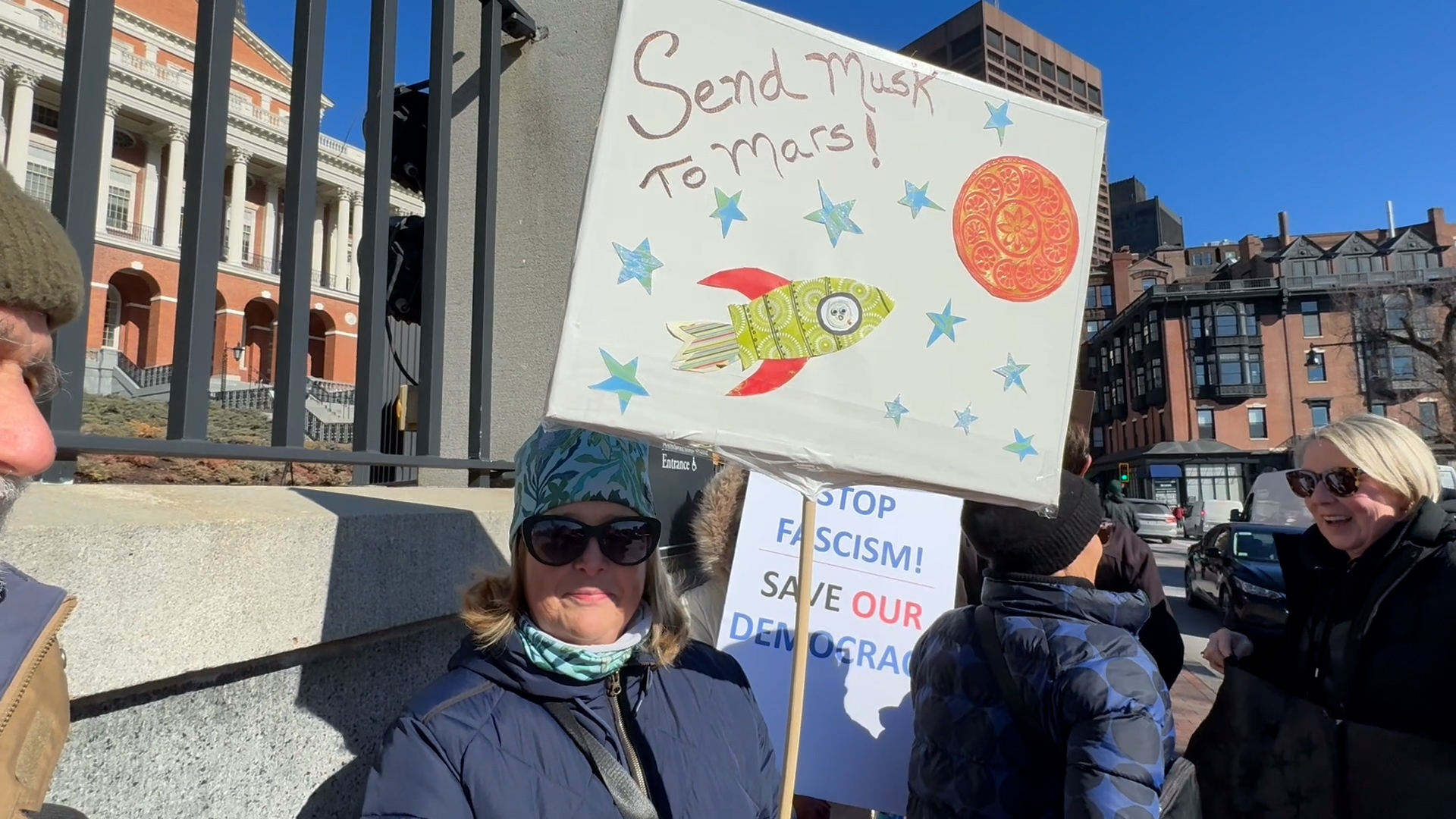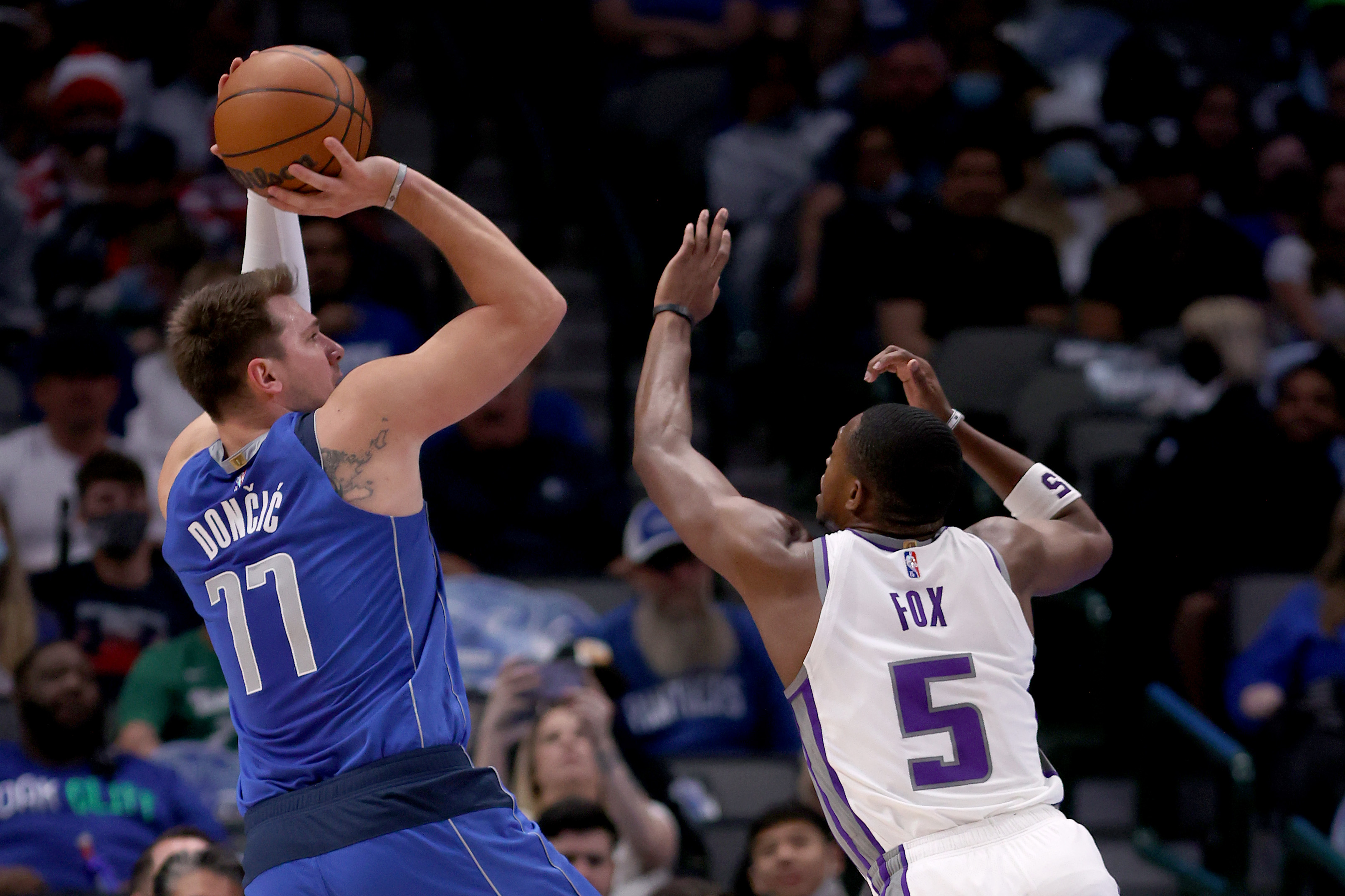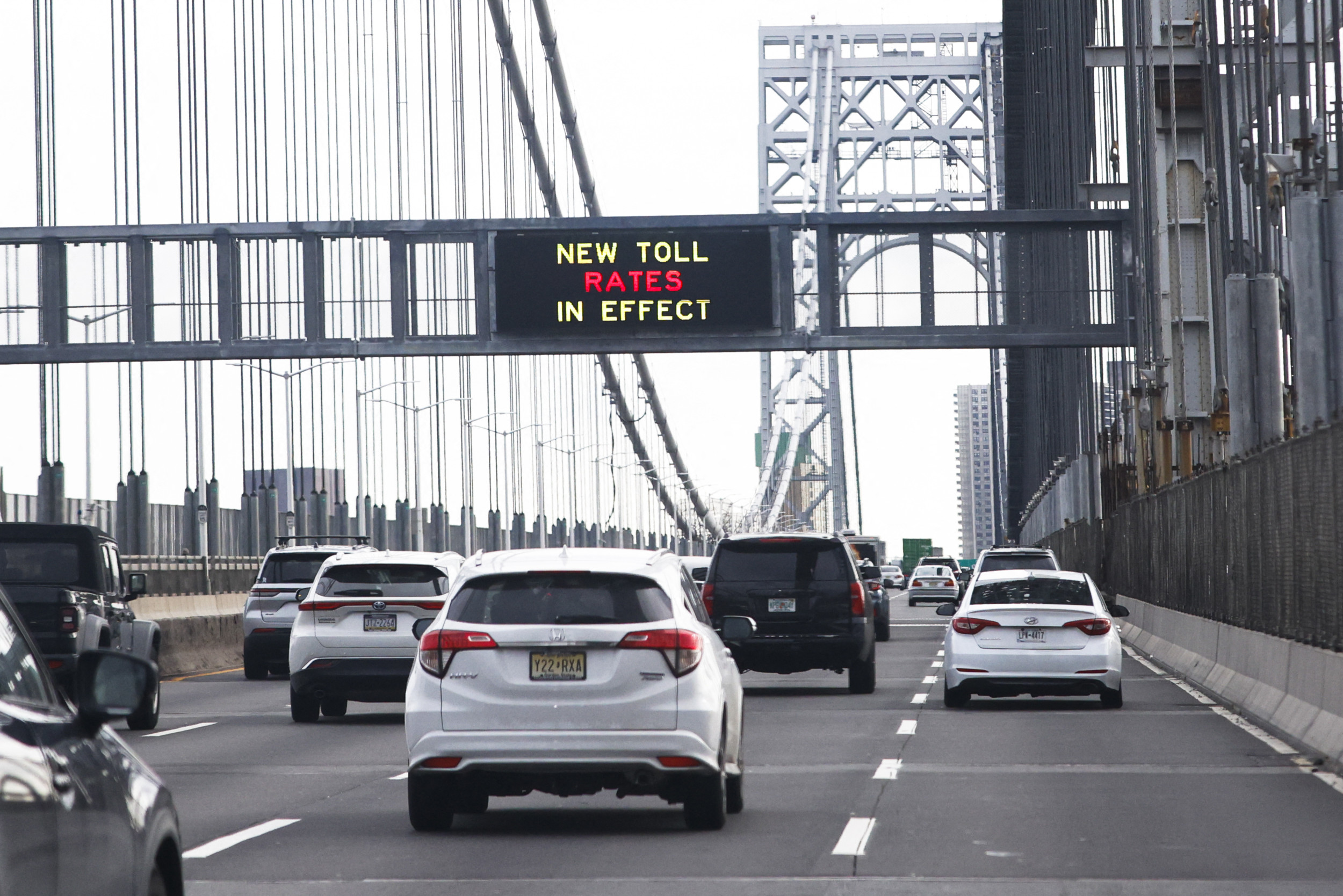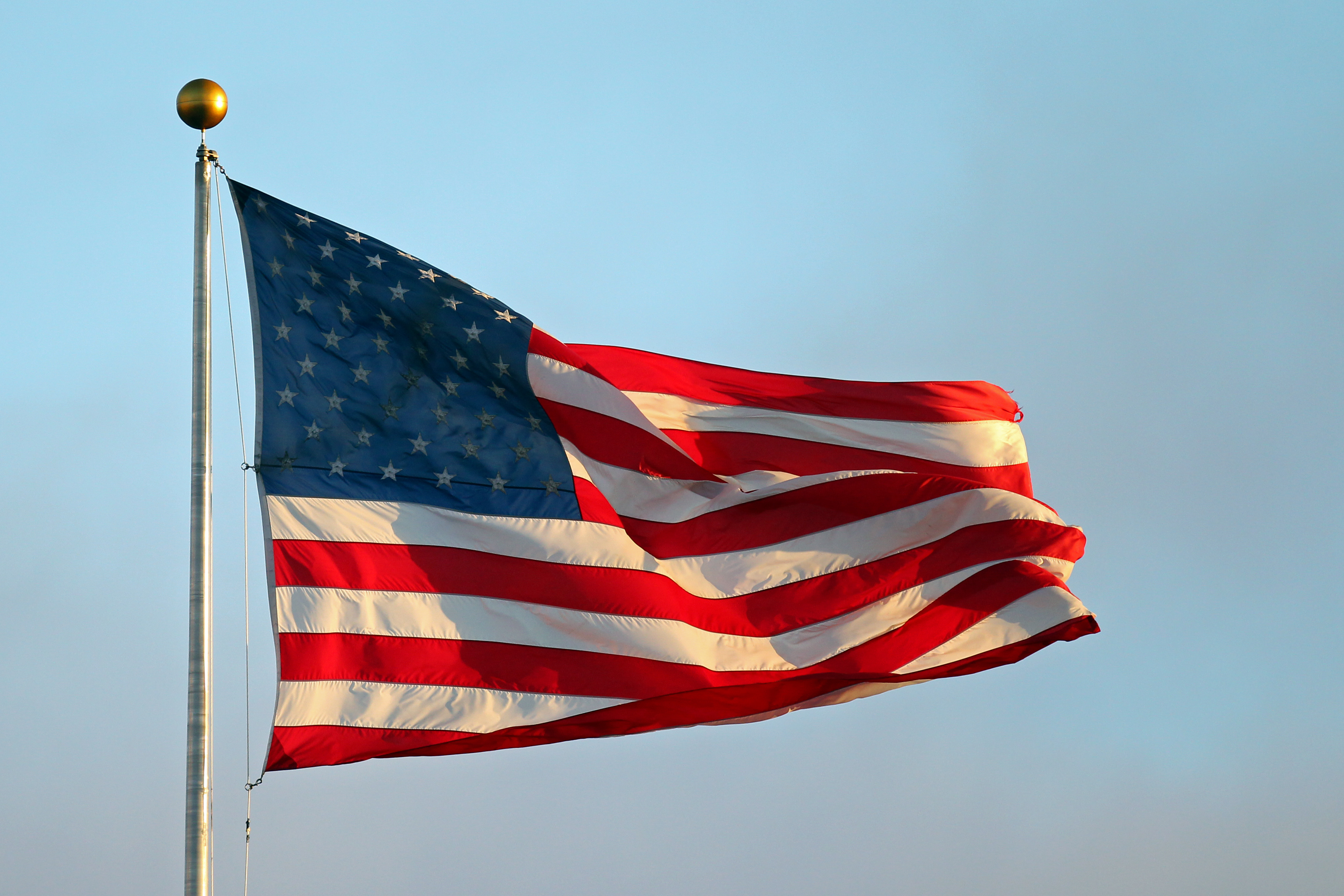If President Donald Trump had his way, he would be signing peace deals as frequently as he signs executive orders inside the Oval Office. Say what you will about the man, but he has big ambitions and unlimited confidence. Whether it's ending the war in Ukraine, turning Gaza into the world's next international playground under some American pseudo-ownership, or convincing Canada to join the American Republic as its newest state, Trump's musings are equal parts baffling, amusing, and disturbing.
The interesting thing about Trump, though, is that he's willing to talk to anybody. It doesn't matter if the person on the other end of the phone line is a U.S. ally or one of Washington's main adversaries. That includes perhaps the most hardened U.S. adversary of them all—Iran.
Earlier this week, Trump signed an executive order re-imposing the maximum pressure policy against Tehran that was in effect during his first administration. The order authorized the inter-agency to bring Iran's oil exports to zero by enhancing sanctions enforcement on the banks, vessels, and importers who deal with the trade (90 percent of Iran's crude exports go to China). The strategy aims to squeeze the Iranian economy to such an extent that Iran's Supreme Leader Ayatollah Ali Khamenei has to crawl his way back to the negotiating table on U.S. terms.

Trump also paired the stick by floating a carrot. As he was signing the order, he mentioned he was "torn" about it because he loved Iran's people and didn't want to see them suffer. "Everybody wants me to sign it," the president said. "I'm going to sign it, but hopefully we're not going to have to use it very much." Trump wrote on Truth Social that he would much rather have a nuclear agreement with Tehran than violent conflict. "We should start working on it immediately, and have a big Middle East Celebration when it is signed and completed. God Bless the Middle East!"
Is Trump serious? You can be forgiven for having doubts. Trump's first term, after all, was extremely hard on Iran. At that time, the Trump administration was staffed by officials like John Bolton, Mike Pompeo, and Elliott Abrams, all of whom viewed diplomacy with Tehran as akin to the worst kind of appeasement. For these advisers specifically, the maximum pressure strategy was less a way to bring Iran to the negotiating table and more a vessel through which the United States could degrade Iranian power to the point of extinction. Trump was never particularly fond of regime-change and was even willing to speak with the Iranian president at the time, but nevertheless thought the strategy would serve his wider goal of striking a deal with Iran that would be bigger and better than his predecessor's, Barack Obama.
It didn't work out in the end. The strategy backfired. Instead of caving to U.S. demands as Trump's most hawkish advisers anticipated, the Iranians doubled down on the very behavior Washington was trying to stop. Free from any nuclear restrictions after Trump withdrew from the Joint Comprehensive Plan of Action (JCPOA), the Iranians rebuilt their stockpile, installed more advanced centrifuges, and produced more uranium of higher quality. Iran went even further during the Biden administration, which was unable to negotiate a return to the JCPOA and essentially shut down formal talks after Iranian security forces started cracking down on anti-regime demonstrations in 2022.
Trump now has a bigger Iranian nuclear problem in his lap. And it's only getting heavier with time; in late January, the International Atomic Energy Agency (IAEA) Director General Rafael Grossi reported that Tehran was accelerating production of 60 percent enriched uranium, only a short technical step away from the 90 percent required for a bomb. Trump at least appears inclined to giving it a shot diplomatically, which compared to the other alternatives—like the use of U.S. military force—is still the best option the United States has. The Iranians, too, seem to be open to another diplomatic overture.
But getting to the table is only the first step—and we're not even there yet. The bigger question is whether Trump is actually willing to offer concessions the Iranians want in order to get an agreement and table demands Tehran can reasonably stomach. A principle reason maximum pressure failed the first time was because Trump's administration didn't pair economic sanctions with reasonable goals. His list of demands to Iran—withdraw from Iraq and Syria; stop enriching uranium; cease the production of ballistic missiles; release all U.S. citizens held in Iranian jails; end all support to Hamas, Hezbollah, and the Houthis; and disarm Shiite militias—may have been ideal from Washington's standpoint but was a total non-starter for Tehran. From that point on, the Iranians never really viewed Trump as serious.
The fact that Trump is reinstating his maximum pressure policy implies he believes it just needed more time to play out. But that's wrong. Doing the same thing is likely to lead to the same results. Lowering the goalposts, however, could lead him toward a different, and more successful, path.
Daniel R. DePetris is a fellow at Defense Priorities and a syndicated foreign affairs columnist at the Chicago Tribune.
The views expressed in this article are the writer's own.














)





 English (US) ·
English (US) ·